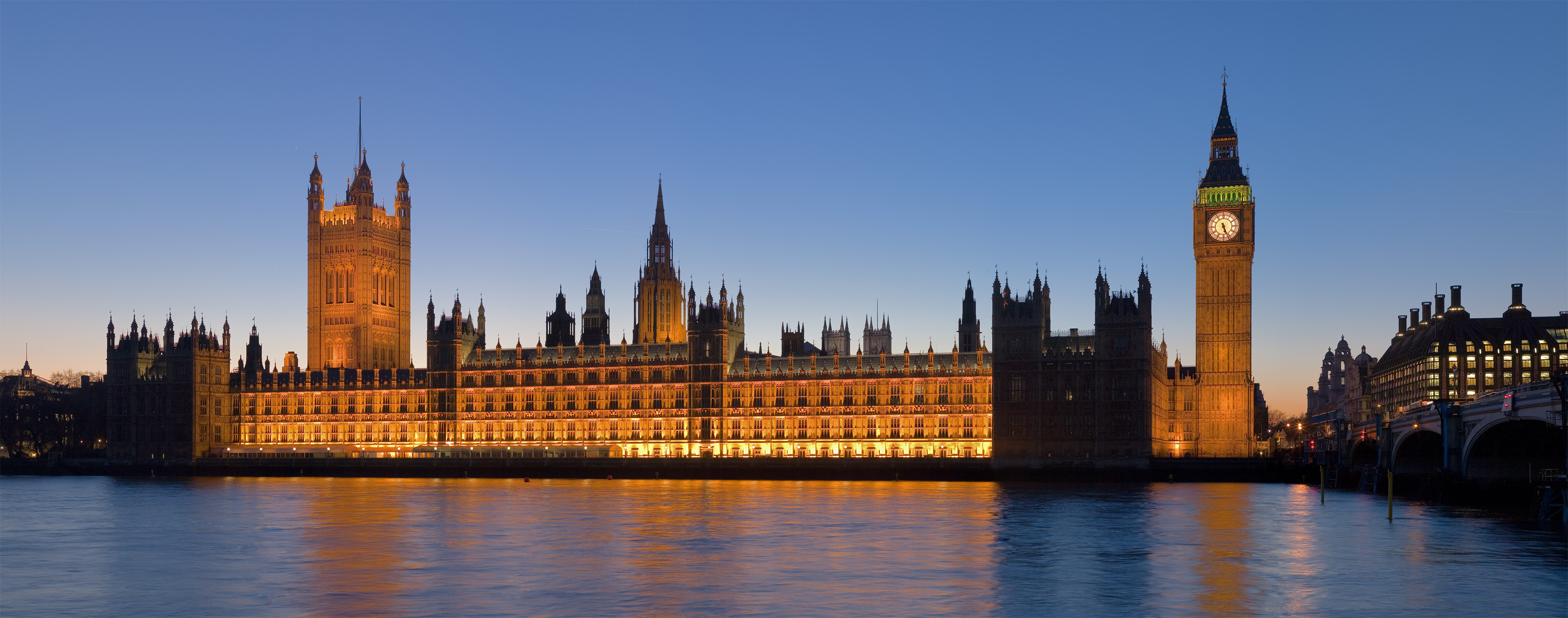So, the party conference season is over and we rush headlong, via the odd by-election, to next May’s general election. What’s on offer? Are we going to see the same levels of interest, debate and passion as we did in the much lauded Scottish referendum campaign? The debate in Scotland involved two starkly contrasting arguments, one being particularly radical in its analysis and prescription, a fact which must have played its part in generating such high levels of interest and participation in the debate, especially amongst young voters. Can we inject similar levels of interest and enthusiasm into the political debate here? Not if we accept the tired, old discourse that looks set to continue to dominate the debate about the economy and public expenditure.
Ed Miliband’s failure to mention the deficit in his speech to the Labour Party conference could have been the start of a much more interesting debate than the current, sterile language of debt, austerity and cuts. Vince Cable’s denunciation of the Conservative Party for its ideological obsession with cuts likewise seemed to promise some genuine contest between radically different visions of the economy, and yet … Once the Labour leader was on the defensive regarding his omission and Vince Cable attempted to steer a careful course between being ‘ .. pro-business’ at the same time as ‘pro-worker’, the moment seemed to pass all too quickly and we were back to the unseemly bickering about who would cut how much, where and how quickly. Ed Balls has a plan to cut less quickly, Danny Alexander has a plan to cut with conscience and Camborne has a plan to both cut and spend at the same time.
So why can’t we offer a counterblast to this predictable squabble? The World Bank, the International Monetary Fund and all the other major, global trading and financial institutions operate according to a set of rules based on ideological assumptions about economic behaviour and activity. To belong to the club, you have to accept those assumptions and operate according to those rules. When it comes to raising money and spending it, there are direct and indirect pressures on states on how they are ‘allowed’ to behave. Does it have to be this way? Take welfare benefits, for example. Trapped between the accounting conventions required by membership of the capitalist club on the one side, and the righteous indignation of Victorian moralising about the idle and the feckless on the other, why do we regard these benefits as nothing but a ‘cost’ to be entered on only the one side of the nation’s book-keeping ledger, in the debit column? Study upon study shows that if you give the least well-off a little more money, they do not invest it in off-shore tax havens, or buy shares in foreign companies, or snap up property abroad or spend it on luxury foreign yachts moored abroad, or hoard it, but rather that they spend it either on essentials like food, clothes and utility services (either as additional expenditure or in paying down debts on these things), or on items from which they draw some pleasure in the struggle that is their everyday existence, perhaps items like cigarettes, a drink in the pub, diverting home entertainment, etc. And, of course, if it is smoking or drinking, then we know how that delivers a considerable tax take to the Treasury. And so does all of their spending where it attracts VAT, or it simply supports some level of employment, if only amongst those delivery drivers, who ferry goods (often manufactured/produced abroad because of the relative absence of home-based manufacturing) around the country. Why don’t we debate welfare benefits as simply recycling money around the system? Is it because this ends up being another form of indirect benefit to business and corporations with whom the money is spent, alongside the extensive corporate welfare benefits already funded by the public purse, but so rarely discussed in the popular press or amongst the politicians of the main parties? The public purse meets the costs of training and education programmes, the activity of the Department for Business, Innovation and Skills, fiscal benefits and incentives to business, including through subsidies relating to employment, not to mention the vast sums spent on huge financial bailouts and stimulus programmes over the past 6 or 7 years, or the vast numbers of public servants employed to promote, develop and supervise an extensive legal and regulatory framework to support the activity of businesses in a free market environment. One Guardian columnist recently estimated that £85 billion a year could be the sort of sum spent on corporate welfare in this country http://www.theguardian.com/commentisfree/2014/oct/06/benefits-corporate-welfare-research-public-money-businesses
At the very least, let’s acknowledge that the comparatively small sums that go to the allegedly ‘undeserving poor’ pale in comparison and are, in any case, simply used to fuel economic activity through spending.
by Nick Hayward, Programme Director/Principal Lecturer in Politics
